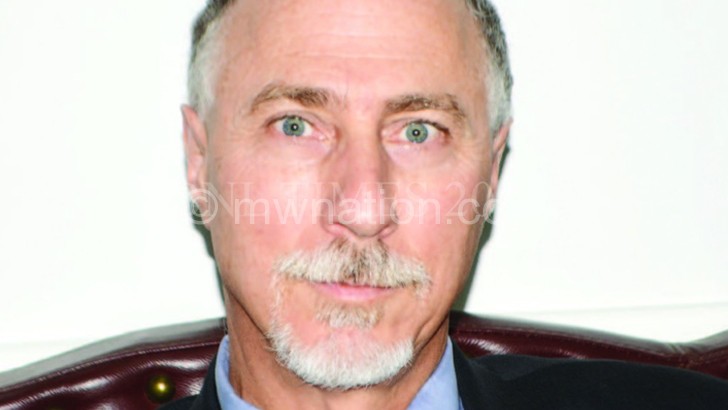Policy slippages hurting economy—IMF
The International Monetary Fund (IMF) has said policy slippages at Capital Hill are preventing Malawi to achieve sustained economic growth and low inflation rates.
IMF country representative for Malawi Geoffrey Oestreicher said this in an interview with Business News when asked to clarify a statement by IMF executive board at the end of its mission last week which expressed concern over Malawi’s policy slippages.

“Executive directors were referring mainly to the difficulties experienced in the past in containing fiscal expenditure and domestic borrowing within the limits specified by government’s fiscal programme,” said Oestreicher in an e-mail interview.
Malawi’s economy is currently wobbling, with economic outlook painted gloomy amidst negative impact of January, devastating floods and the ongoing suspension of budget support.
The domestic economy is also reeling under probably one of the worst economic atmosphere with persistently high inflation rate, weak demand for most of Malawi’s exports, forcing authorities to revise real gross domestic product (GDP) for 2015 to a paltry 2.8 percent from 5.7 percent.

“They [executive directors] were also referring to difficulties in bringing Public Finance Management [PFM] reforms to a conclusion. As you know, excess domestic borrowing injects liquidity into the system and fuels inflationary pressures,” said Oestreicher.
At the same time, Oestreicher observed that delays in PFM reform could potentially slow the return of private sector confidence in the efficacy of government’s demand management policies.
“This keeps the expectation of future inflation at an elevated level and limits the speed at which disinflationary momentum can take hold,” he added.
But reacting to IMF concerns, Treasury spokesperson Nations Msowoya yesterday said government is aware of the enormous tasks of reforming the public finance management systems.
He said currently, government has put in place an action plan on the same to address short and long-term challenges in public finance management at Capital Hill.

“Just like any reform programme, it will take time for people to appreciate the results. There is also a strong political will underpinning these reforms which will enhance their success rate,” said Msowoya.
While in a separate interview Economics Association of Malawi (Ecama) president Henry Kachaje faulted Capital Hill for putting Malawi in a serious economic situation which he said requires “radical approach if we are to get out of it”.
Kachaje, for example, wondered why government in most instances keeps on delaying payments to the private sector when the sector is regarded as the engine for economic growth in Malawi.
“Seriously, government must be honest enough and tell Malawians how it can do things differently now that donors are not with us.”
“There is need now for Malawi to hold a national debate on how best to do things differently to cushion the tough economic situation,” said Kachaje.
The economic situation has worsened this year with cost of living at its highest. As at October 2015, Malawi’s headline inflation rate stood at 24.7 percent and is expected to rise to 25.4 percent at the end of 2015, according to IMF estimates.





